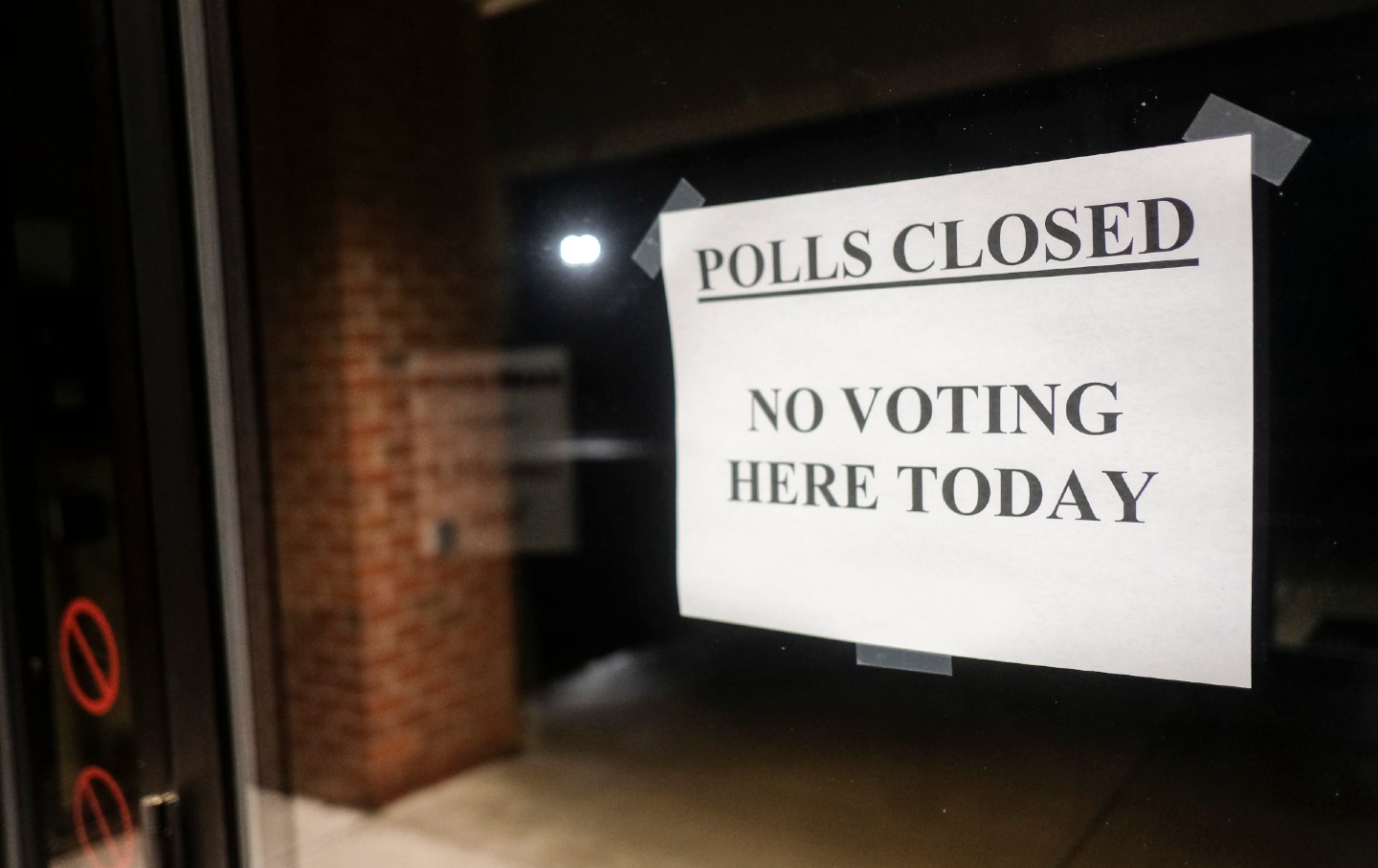Two of America’s top political analysts, left-wing cartoonist Ted Rall and right-wing cartoonist Scott Stantis, discuss the week’s events and cultural happenings on the DMZ America podcast.
In a surprising move, the United States Senate has voted to revoke the 2002 Authorization to Use Military Force legislation that presidents beginning with George W. Bush relied upon in order to invade and occupy Iraq, as well as a number of other military conflicts. Will the House of Representatives follow suit? The answer is more complex than you might expect. Will Congress reassert its Constitutional exclusive right to wage war?
The Washington Post revealed that Florida Governor Ron DeSantis, a possible top contender for the 2024 Republican presidential nomination, enthusiastically participated in torture as a JAG at Guantánamo Bay concentration camp in 2006, where he suggested that hunger-striking inmates be force-fed and personally supervised and smiled while observing what international human rights organizations universally describe as torture. DeSantis hasn’t denied the shocking charges. Will Trump make it an issue? Would a Democratic challenger? What does it say about the United States that the story doesn’t seem to be catching on?
San Francisco and the State of California are contemplating the issue of reparations to Black American descendants of slaves in order to compensate them for being the victims of systemic racism. Setting aside the issue of the vast amount of money involved, who would qualify? What would be the practical considerations of such a program? Is it even possible to compensate for such enormous injustice that is baked into the American economic and political system?
Watch the Video Versions of DMZ America Podcast #95:
DMZ America Podcast Ep 95 Sec 1: Senate Votes to Deauthorize Iraq War
DMZ America Podcast Ep 95 Sec 2: DeSantis the Gitmo Torturer
DMZ America Podcast Ep 95 Sec 3: Reparations to Black Americans

 The stock response to President Donald Trump’s suggestion that the general election might be delayed because voting during a pandemic would involve a record number of mail-in ballots, a format he argues is unreliable and susceptible to fraud, is that he doesn’t have that power.
The stock response to President Donald Trump’s suggestion that the general election might be delayed because voting during a pandemic would involve a record number of mail-in ballots, a format he argues is unreliable and susceptible to fraud, is that he doesn’t have that power.